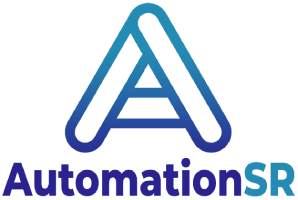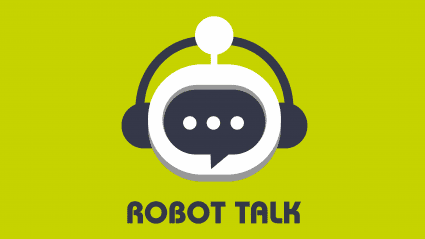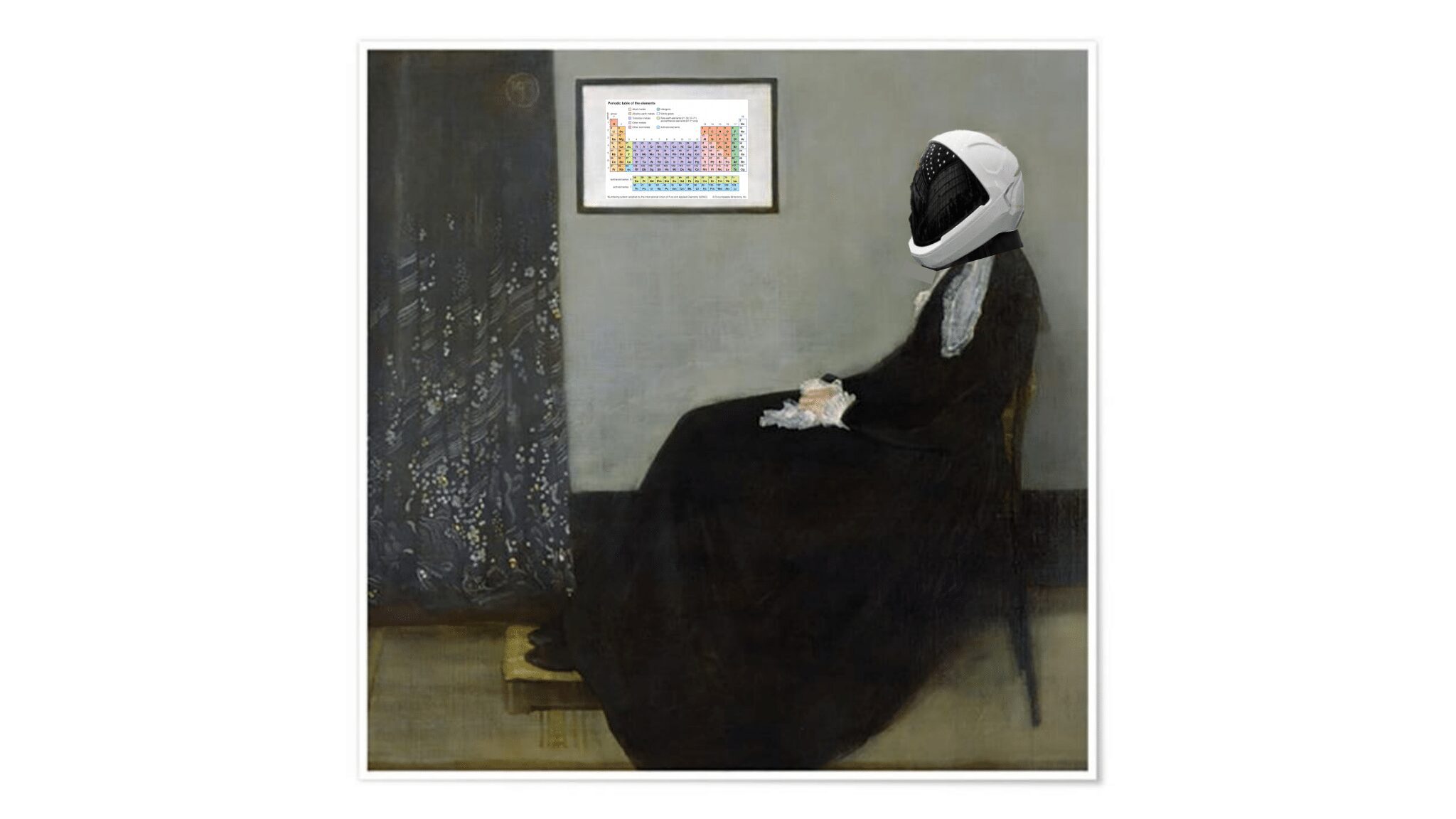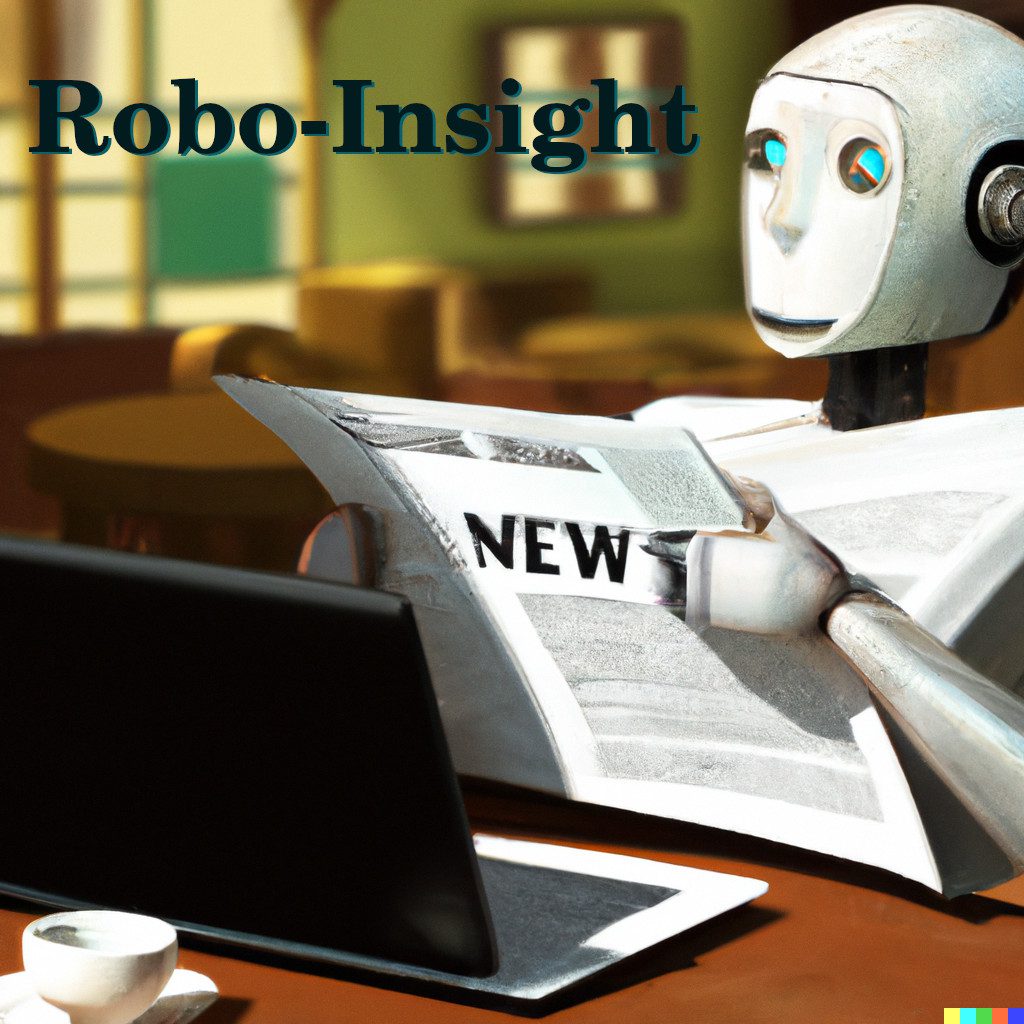
This Sunday sees the start of the 2020 IEEE/RSJ International Conference on Intelligent Robots and Systems (IROS). This year the event is online and free for anyone to attend. Content will be available from the platform on demand, with access available from 25 October to 25 November 2020.
IROS conferences have traditionally had a theme and this year is no different with the emphasis being on “consumer robotics and our future”. You can sign up here.
IROS will feature three plenary talks. The speakers and topics are as follows:
- Danica Kragic Robotics and artificial intelligence impacts on the fashion industry
- Cynthia Breazeal Living with social robots: from research to commercialization and back
- Yukie Nagai Cognitive development in humans and robots: new insights into intelligence
There are also nine keynote talks covering a number of topics.
- Frank Dellaert Air, sea, and space robots
- Anya Petrovskaya Driverless vehicles and field robots
- Ashish Deshpande Rehabilitation robotics
- Jonathan Hurst Humanoids
- I-Ming Chen Food handling robotics
- Steve LaValle Perception, action and control
- Nikolaus Correll Grasping, haptics and end-effectors
- Andrea Thomaz Human-robot interaction
- Sarah Bergbreiter Design, micro and bio-inspired robotics
The technical talks have been divided into 12 topic areas.
- Air, sea, and space robots
- Driverless vehicles and field robots
- Medical, cellular, micro and nano robots
- Humanoids, exoskeletons, and rehab robots
- Localization, mapping and navigation
- Dynamics, control and learning
- Design, mechanisms, actuators, soft and bio-inspired robots
- Perception, action, and cognition
- Grasping, haptics and end-effectors
- Human-robot interaction, teleoperation, and virtual reality
- Swarms and multi-robots
- Industry 4.0
Each talk will feature its digest slide, pre-recorded video presentation, and the paper’s PDF. These will be available from 25 October, so keep an eye on the website.
There are a whopping 35 workshops to choose from. These have on-demand content and also live sessions (dates vary so visit the webpages below for more information about each specific workshop).
- 3rd workshop on proximity perception in robotics: towards multi-modal cognition, Stefan Escaida Navarro*, Stephan Mühlbacher-Karrer, Hubert Zangl, Keisuke Koyama, Björn Hein, Ulrike Thomas, Hosam Alagi, Yitao Ding, Christian Stetco
- Bringing geometric methods to robot learning, optimization and control, Noémie Jaquier*, Leonel Rozo, Søren Hauberg, Hans-Peter Schröcker, Suvrit Sra
- 12th IROS20 workshop on planning, perception and navigation for intelligent vehicles, Philippe Martinet*, Christian Laugier, Marcelo H Ang Jr, Denis Fernando Wolf
- Robot-assisted training for primary care: how can robots help train doctors in medical examinations?, Thrishantha Nanayakkara*, Florence Ching Ying Leong, Thilina Dulantha Lalitharatne, Liang He, Fumiya Iida, Luca Scimeca, Simon Hauser, Josie Hughes, Perla Maiolino
- Workshop on animal-robot interaction, Cesare Stefanini and Donato Romano*
- Ergonomic human-robot collaboration: opportunities and challenges, Wansoo Kim*, Luka Peternel, Arash Ajoudani, Eiichi Yoshida
- New advances in soft robots control, Concepción A. Monje*, Egidio Falotico, Santiago Martínez de la Casa
- Autonomous system in medicine: current challenges in design, modeling, perception, control and applications, Hang Su, Yue Chen*, Jing GUO, Angela Faragasso, Haoyong Yu, Elena De Momi
- MIT MiniCheetah workshop, Sangbae Kim*, Patrick M. Wensing, Inhyeok Kim
- Workshop on humanitarian robotics, Garrett Clayton*, Raj Madhavan, Lino Marques
- Robotics-inspired biology, Nick Gravish*, Kaushik Jayaram, Chen Li, Glenna Clifton, Floris van Breugel
- Robots building robots. Digital manufacturing and human-centered automation for building consumer robots, Paolo Dario*, George Q. Huang, Peter Luh, MengChu Zhou
- Cognitive robotic surgery, Michael C. Yip, Florian Richter*, Danail Stoyanov, Francisco Vasconcelos, Fanny Ficuciello, Emmanuel B Vander Poorten, Peter Kazanzides, Blake Hannaford, Gregory Scott Fischer
- Application-driven soft robotic systems: Translational challenges, Sara Adela Abad Guaman, Lukas Lindenroth, Perla Maiolino, Agostino Stilli*, Kaspar Althoefer, Hongbin Liu, Arianna Menciassi, Thrishantha Nanayakkara, Jamie Paik, Helge Arne Wurdemann
- Reliable deployment of machine learning for long-term autonomy, Feras Dayoub*, Tomáš Krajník, Niko Sünderhauf, Ayoung Kim
- Robotic in-situ servicing, assembly, and manufacturing, Craig Carignan*, Joshua Vander Hook, Chakravarthini Saaj, Renaud Detry, Giacomo Marani
- Benchmarking progress in autonomous driving, Liam Paull*, Andrea Censi, Jacopo Tani, Matthew Walter, Felipe Codevilla, Sahika Genc, Sunil Mallya, Bhairav Mehta
- ROMADO: RObotic MAnipulation of Deformable Objects, Miguel Aranda*, Juan Antonio Corrales Ramon, Pablo Gil, Gonzalo Lopez-Nicolas, Helder Araujo, Youcef Mezouar
- Perception, learning, and control for autonomous agile vehicles, Giuseppe Loianno*, Davide Scaramuzza, Sertac Karaman
- Planetary exploration robots: challenges and opportunities, Hendrik Kolvenbach*, William Reid, Kazuya Yoshida, Richard Volpe
- Application-oriented modelling and control of soft robots, Thomas George Thuruthel*, Cosimo Della Santina, Seyedmohammadhadi Sadati, Federico Renda, Cecilia Laschi
- State of the art in robotic leg prostheses: where we are and where we want to be, Tommaso Lenzi*, Robert D. Gregg, Elliott Rouse, Joost Geeroms
- Worskhop on perception, planning and mobility in forestry robotics (WPPMFR 2020), João Filipe Ferreira* and David Portugal
- Why robots fail to grasp? – failure ca(u)ses in robot grasping and manipulation, Joao Bimbo*, Dimitrios Kanoulas, Giulia Vezzani, Kensuke Harada
- Trends and advances in machine learning and automated reasoning for intelligent robots and systems, Abdelghani Chibani, Craig Schlenoff, Yacine Amirat*, Shiqi Zhang, Jong-Hwan Kim, Ferhat Attal
- Learning impedance modulation for physical interaction: insights from humans and advances in robotics, Giuseppe Averta*, Franco Angelini, Meghan Huber, Jongwoo Lee, Manolo Garabini
- New horizons of robot learning – from industrial challenges to future capabilities, Kim Daniel Listmann* and Elmar Rueckert
- Robots for health and elderly care (RoboHEC), Leon Bodenhagen*, Oskar Palinko, Francois Michaud, Adriana Tapus, Julie Robillard
- Wearable SuperLimbs: design, communication, and control, Harry Asada*
- Human Movement Understanding for Intelligent Robots and Systems, Emel Demircan*, Taizo Yoshikawa, Philippe Fraisse, Tadej Petric
- Construction and architecture robotics, Darwin Lau*, Yunhui Liu, Tobias Bruckmann, Thomas Bock, Stéphane Caro
- Mechanisms and design: from inception to realization, Hao Su*, Matei Ciocarlie, Kyu-Jin Cho, Darwin Lau, Claudio Semini, Damiano Zanotto
- Bringing constraint-based robot programming to real-world applications, Wilm Decré*, Herman Bruyninckx, Gianni Borghesan, Erwin Aertbelien, Lars Tingelstad, Darwin G. Caldwell, Enrico Mingo, Abderrahmane Kheddar, Pierre Gergondet
- Managing deformation: a step towards higher robot autonomy, Jihong Zhu*, Andrea Cherubini, Claire Dune, David Navarro-Alarcon
- Social AI for human-robot interaction of human-care service robots, Ho Seok Ahn*, Hyungpil Moon, Minsu Jang, Jongsuk Choi
Another element of the conference that sounds interesting is the robot challenges. There are three of these and you should be able to watch the competitions in action next week.
- Open cloud robot table organization challenge (OCRTOC). This competition focusses on table organisation tasks. Participants will need to organize the objects in the scene according to a target configuration. This competition will be broadcast on 25-27 October.
- 8th F1Tenth autonomous Grand Prix @ IROS 2020. This competition will take the form of a virtual race with standardised vehicles and hardware. The qualifying phase is a timed trial. The Grand Prix phase pits virtual competitors against each other on the same track. The race will be broadcast on 27 October.
- Robotic grasping and manipulation competition. There are two sections to this competition. In the first the robot has to make five cups of iced Matcha green tea. The second involves disassembly and assembly using a NIST Task Board.
AIhub is a non-profit dedicated to connecting the AI community to the public by providing free, high-quality information in AI.
guest author
AIhub is a non-profit dedicated to connecting the AI community to the public by providing free, high-quality information in AI.





